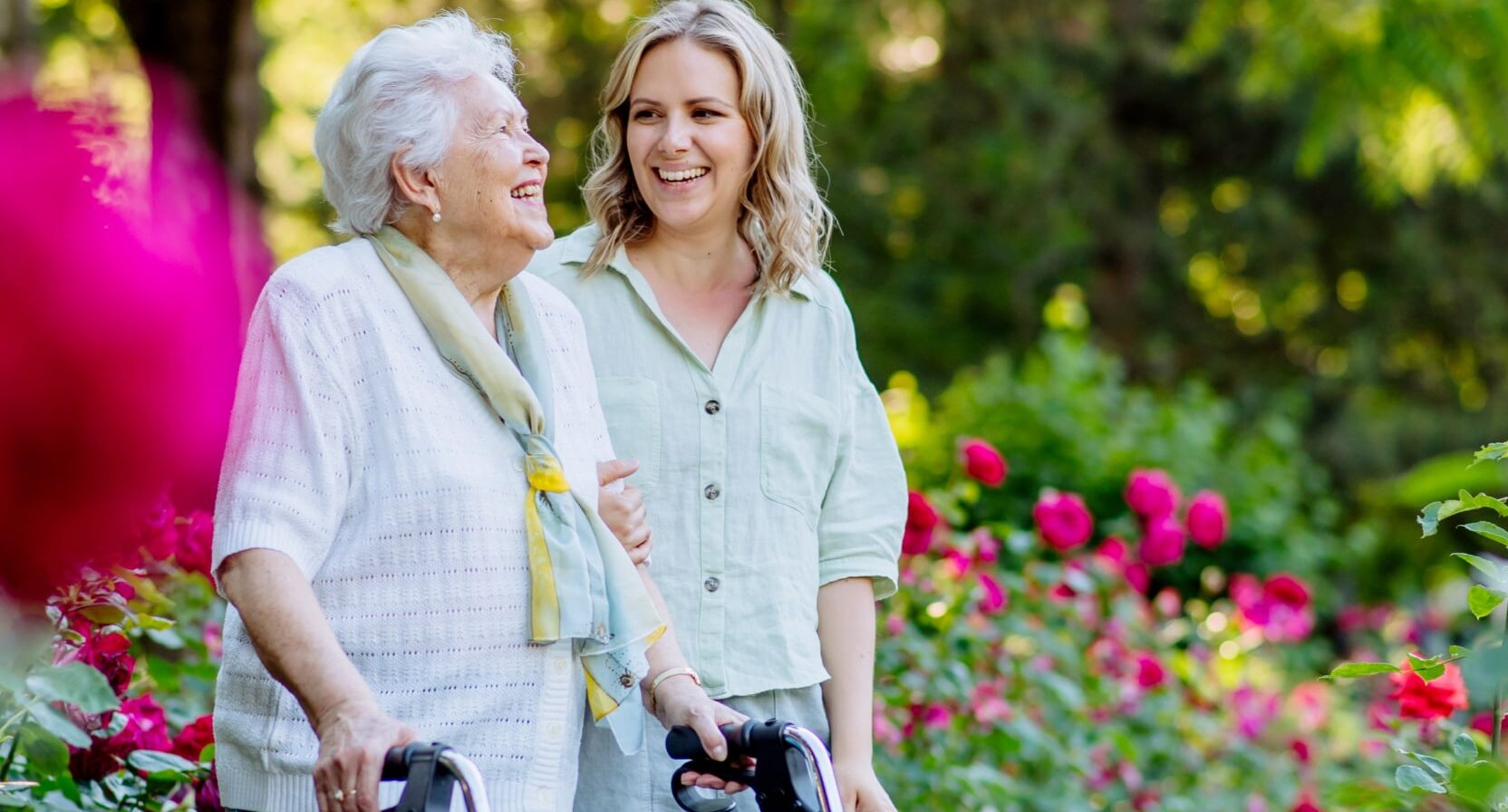Gosh how time seems to fly these days. Summer is already over and its autumn, or ‘Fall’ as our American friends would say – reminding us that this time of year can get especially slippery and make us more prone to unexpected falls.
A simple thing can change your life – like tripping on a rug or slipping on a wet floor. If you fall, you could break a bone, like thousands of older Australians do each year, and a break can be the start of more serious problems, such as a trip to the hospital, injury, or even disability.
Even when falls don’t cause an injury, they often trigger a loss of confidence in an older person and lead to an ongoing fear of falling. Over time, this can lead to the person limiting their movements and reducing their activity, which further increases the risk of falling.
The good news is, there are simple ways to prevent most falls. According to Healthdirect (www.healthdirect.gov.au), if you take care of your overall health, you may be able to lower your chances of falling. Here are a few tips to help you avoid falls and broken bones:
- Keep physically active. Whatever your age, aim to do at least 30 minutes of activity, five times a week to help make you stronger and improve your balance.
- Have your eyes and hearing tested. Even small changes in sight and hearing may cause you to fall. When you get new eyeglasses or contact lenses, take time to get used to them. If you have a hearing aid, be sure it fits well, and wear it.
- Find out about the side effects of any medicine you take. If a drug makes you sleepy or dizzy, tell your doctor or pharmacist.
- Use an assistive device* if you need help feeling steady when you walk. Appropriate use of canes and walkers can prevent falls. If your doctor tells you to use a cane or walker, make sure it is the right size for you and the wheels of the walker roll smoothly.
- Wear sensible shoes. Wear non-skid, rubber-soled socks indoors, and low-heeled shoes, or lace-up shoes with non-skid soles that fully support your feet when you’re out.
- Always tell your doctor if you have fallen since your last check-up. A fall can alert your doctor to a new medical problem or problems with your medications or eyesight that can be corrected.
Source: Australian Government Department of Health, Healthdirect.


